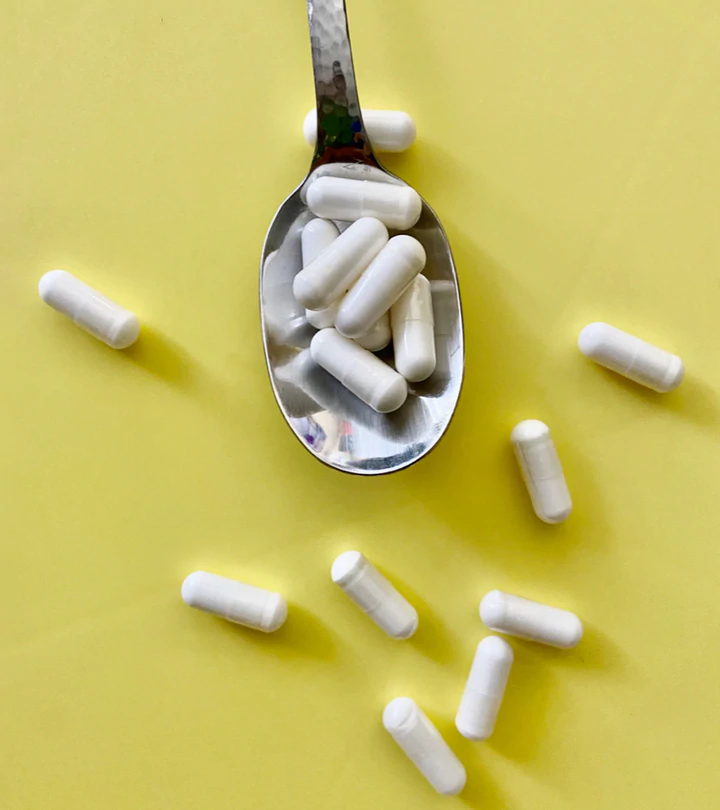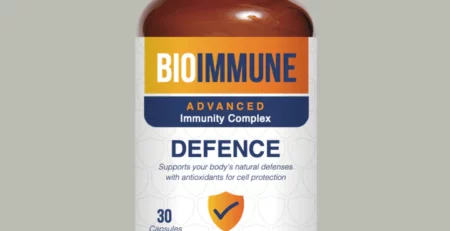How Vitamins Can Boost Your Immune System
Written by Athina Crilley
Vitamins are essential to keep us healthy, and they all play an important role in maintaining good immune function. Deficiencies in vitamins or general malnutrition is linked to a number of diseases and makes us vulnerable to infection. Making sure you get enough of each vitamin will help you to fight of infection and stay as healthy as possible.
How exactly does each vitamin work to boost our immunity?
Vitamin A plays a role in normal vision, healthy skin, growth and development. It reduces inflammation and enhances immune function. Lack of vitamin A can lead to weakness, poor immune function, and increased susceptibility to disease.
All of the B vitamins are essential, but in particular B6, also known as pyridoxine, affects immunity and can cause changes in our hormones. B6 affects white blood cell development and antibody production during an immune response. Studies have associated levels of vitamin B6 with tumour growth and disease processes.
Ascorbic acid, most commonly known as Vitamin C, plays a vital role in immunity. It works as an antioxidant to help protect our cells from oxidative stress that is caused by cell metabolism, or by external factors such as pollutants and UV rays in sunlight. Vitamin C can also help reduce inflammation and enhance wound healing.
Although Vitamin D is labelled as a vitamin, some people suggest that it is actually a hormone because of the way it can affect our bodies. Vitamin D is synthesised in our skin when we are exposed to sunlight, and we can get certain forms of it in some of the foods we eat. It regulates calcium and bone metabolism. Deficiencies in this vitamin are linked to weak immunity or a number of diseases, including psychiatric disorders, respiratory infections, and cardiovascular disease. Supplementation of vitamin D can reduce symptoms and markers of autoimmune diseases including Chrons and ulcerative colitis.
Along with vitamin C, vitamin E is also an antioxidant. It decreases the stress in our cells and helps their repair. Vitamin E can help our immune cells to grow and divide so we get rid of infections more quickly. Supplementation with vitamin E can decrease pro-inflammatory markers and improve symptoms of respiratory illnesses such as asthma and pneumonia. Low serum levels are linked to poor immune function and increased infection.
Vitamin K plays a less significant role in immunity, but it is still important as it can modulate the production of immune cells. This vitamin works as a cofactor for some plasma proteins, which contributes to immune and inflammatory responses. Deficiencies in vitamin K are linked to inflammatory disorders and some type of cancer.
All of these essential vitamins can be found in a variety of foods but it can be difficult to keep track of how much of each nutrient youre getting. If youre struggling to get sufficient amounts of each vitamin, you can shop by nutrient in our online store to find exactly what you need. For further advice or guidance on which of our supplements would be best for you, please contact us using the details below.











Leave a Reply